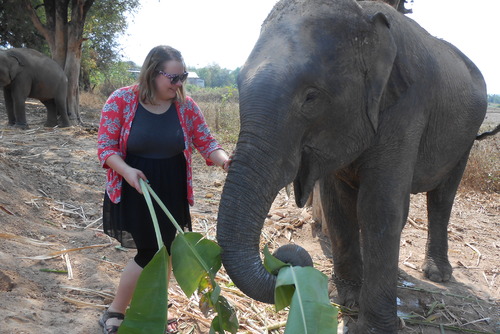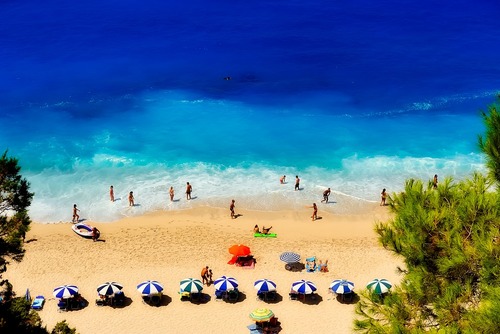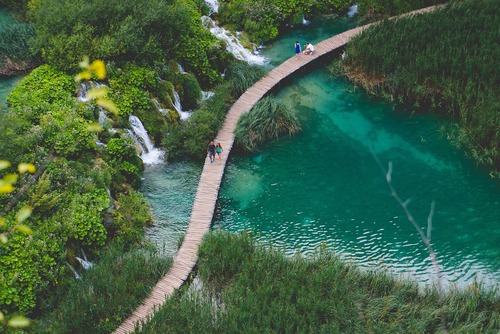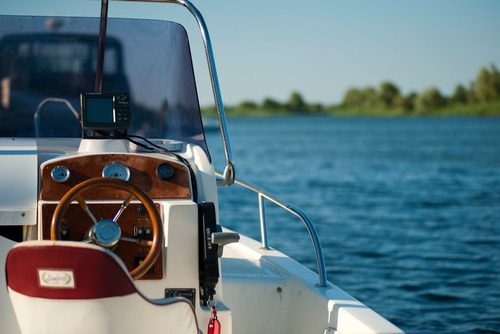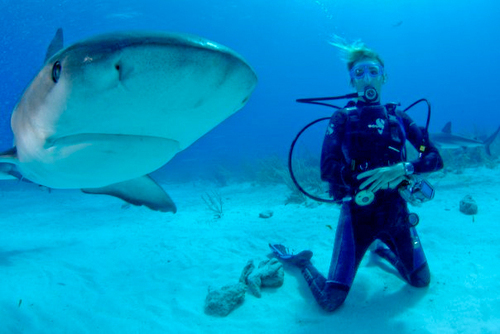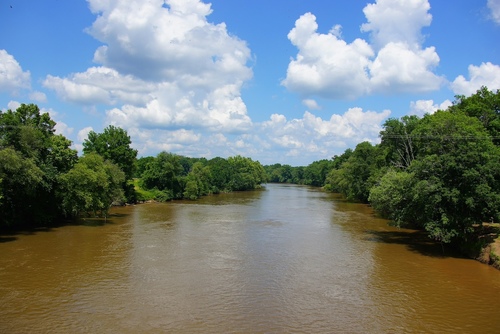There are though lots of things you can do that will lessen your impact on the environment and it is important you leave where you left in pristine condition and help keep it clean for future visitors.
Here are our top tips how you can have a more eco friendly trip.
1. When Possible, Try to Avoid Flying
Flying is one of the most damaging forms of transport on the environment so ask yourself do you really need to fly to the other side of the world? Could you instead visit somewhere near to where you live? Or go somewhere using public transport?
2. Respect Local People/Cultures
Read up and your destination before departing and get to understand the local culture, religion and standard practices.
3. Avoid Unethical Animal Experiences
We believe, whenever possible, wildlife should be kept in their natural habitat and not in captivity. Try to be aware of unethical experiences which are sadly increasing in numbers around the world due to the money than can be generated from unsuspected tourists.
For example in Thailand, avoid visiting the tiger temple and also riding elephants. There are lots of elephant sanctuaries in Thailand which offer ethical visits. In Africa don't walk or volunteer with lion cubs, these are linked to the brutal canned hunting industry and in Europe, north America and worldwide say no to captive whale and dolphin shows at marine parks.
Not much compares to seeing wild animals in their natural habitats and if you have a passion for helping wildlife there are also lots of safaris and also rewarding volunteer programs with animals.
4. Respect Nature Sights
Some places you might visit might have rules in place to help protect the local environment, by and by following the rules you will be making sure to keep the surrounding area beautiful for future visitors.
If you are planning on going hiking or camping, you should stick to the beaten path, or designated area, so you will not disturb the wilderness around you.
Also, do not take anything from the area such as plants, rocks, or other natural objects. This will disturb the environment and can cause future problems that may harm the wild animals and plant life.
5. Dispose of Waste Properly
There are plenty of ways to dispose of waste without harming the environment. For a start always try to recycle and put rubbish in the bin rather than just throwing in the street.
6. Reduce Plastic, Reuse and Recycle!
Do you really need to keep buying plastic water bottles? Why not buy a reusable non-plastic bottle? The same with plastic bags, take an eco bag and minimize your use of plastic. In most destinations around the world there are also recycling facilities available - make use of these.
7. Pick Up Rubbish
When travelling the chances are you will come across litter, whether it be in a bustling city or deserted beach. Pick up any litter you see. Every little helps.
8. Buy Responsibly
Check what you are purchasing before buying. Do you really need to buy a product covered in plastic? For example some foods in supermarkets is covered in plastic whilst others do not.
By reducing buying products which utilise plastic you will reduce your waste. Also more and more products nowadays contain palm oil, but the palm oil industry also has a devestating effect on the natural envorinment, for example in Borneo.
9. Book With an Ethical Operator
Looking to travel the world or book a tour? There are a lot of operators to choose from and some are more ethical than others. Check reviews and see past traveller feedback.
Most companies now have green/eco policies or donate money towards ethical and charitable causes. Intrepid Travel who are one of the largest travel operators in the world were one of the first to ban elephant rides whilst other companies like G Adventures have set up foundations to help local communities.
10. Go Vegan / Vegetarian
If you are a meat eater this is quick an extreme thing to do, but go vegetarian! This will save you money and help animals and the environment.
11. Choose Eco Accommodation
Before booking somewhere to stay check information, pictures and reviews before. A lot of hotels and hostels now have green policies and offer things like recycling and eco friendly options.
12. Use Eco Products
If you are going overseas the chances are you are going to take washing and cleaning products for example shampoo and conditioner. The problem with a lof of products is that they contain chemicals which can be harmful to the environment once they enter the water supply. There are lots of eco friendly products available through using natural materials which are eviornmentally friendly.
13. Volunteer
There are plenty of ways to make a difference other than just sightseeing. For example you could volunteer abroad and participate on meaningful experiences. There are conservation volunteer programs and community development programs where you can play a small role in helping.
14. Choose Outdoor Activities Carefully
If you are going to a lake or the ocean, do you really need to go by motor boat? Could you not swim or hire a kayak instead? This will help reduce your emissions and allso help local waters stay heatlhy.
Hopefully these little steps, no matter how small you may think they are, will help to slightly preserve your destination, the environement and wildlife.

